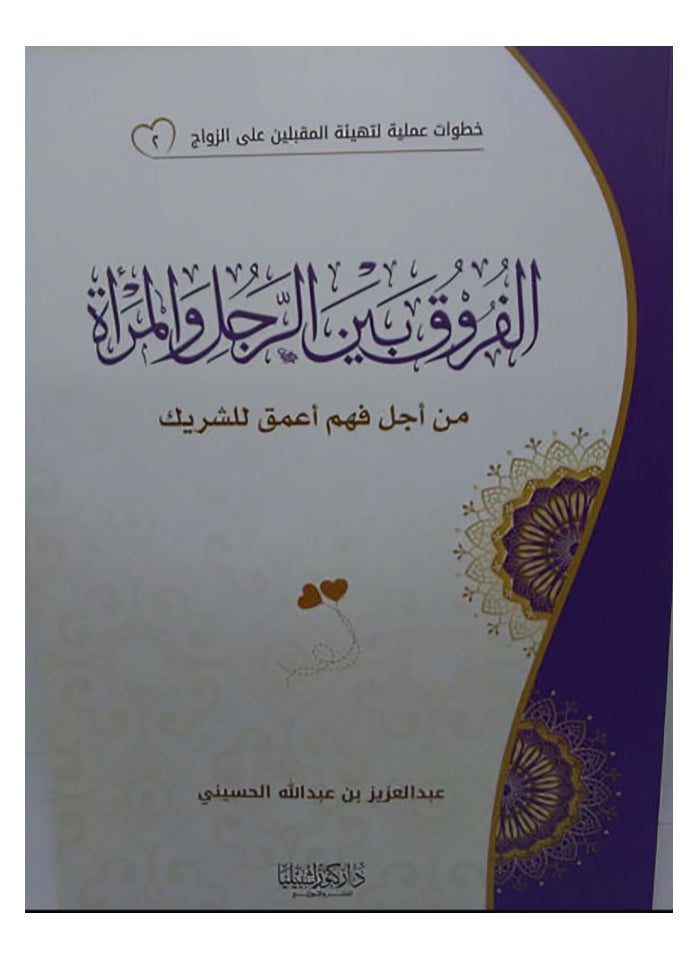English
- استرجاع مجاني وسهل
- أفضل العروض
المواصفات
| الناشر | American University Press |
| رقم الكتاب المعياري الدولي 13 | 9789774167751 |
| رقم الكتاب المعياري الدولي 10 | 9774167759 |
| اللغة | الإنجليزية |
| العنوان الفرعي للكتاب | Negotiating Muslim Family Law |
| وصف الكتاب | In Egypt's modern history, reform of personal status laws has often formed an integral part of political, cultural, and religious contestations among different factions of society. From the beginning of the twenty-first century, two significant reforms were introduced in Egyptian personal status laws: women’s right to petition for no-fault judicial divorce law (khul‘) and the new mediation-based family courts. Gender Justice and Legal Reform in Egypt examines the interplay between legal reform and gender norms and practices. It examines the processes of advocating for, and contesting the khul‘ and new family courts laws, shedding light on the agendas and strategies of the various actors involved. It also examines the ways in which women and men have made use of these legal reforms; how judges and other court personnel have interpreted and implemented them; and how the reforms may have impacted women and men’s understandings, expectations, and strategies when navigating marriage and spousal roles. Drawing on an extensive four-year field study, Al-Sharmani highlights the complexities and mixed impacts of legal reform, not only as a mechanism of claiming gender rights but also as a system of meanings that shape, destabilize, or transform gender norms and practices. |
| عن المؤلف | Mulki Al-Sharmani is an Academy of Finland Research Fellow and Docent at the Faculty of Theology, University of Helsinki. ... Her research interests include Muslim family law and gender activism in Egypt, Islamic feminism, and transnational Muslim marriages in Europe. Simaika started his education at St. Mark’s Coptic Patriarchal school in Cairo. As was custom at the time, he was chosen by his father to become a priest, as at least one son of the leading Coptic families was destined to priesthood. As a result, his father forbade him to learn English fearing it would detract him from his ecclesiastical studies. Simaika went on a hunger strike until his father gave in and allowed him to study English. At school he studied the Bible and learned Arabic, Coptic, Greek, and English. He then transferred to Frères des écoles chrétiennes to learn French and graduated in 1882. |
| رقم الطبعة | 0 |
| تاريخ النشر | 12/20/2017 |
| عدد الصفحات | 0 |
العدالة بين الجنسين والإصلاح القانوني في مصر
تمت الإضافة لعربة التسوق
مجموع السلة 0.00 ر.س.




























































































































